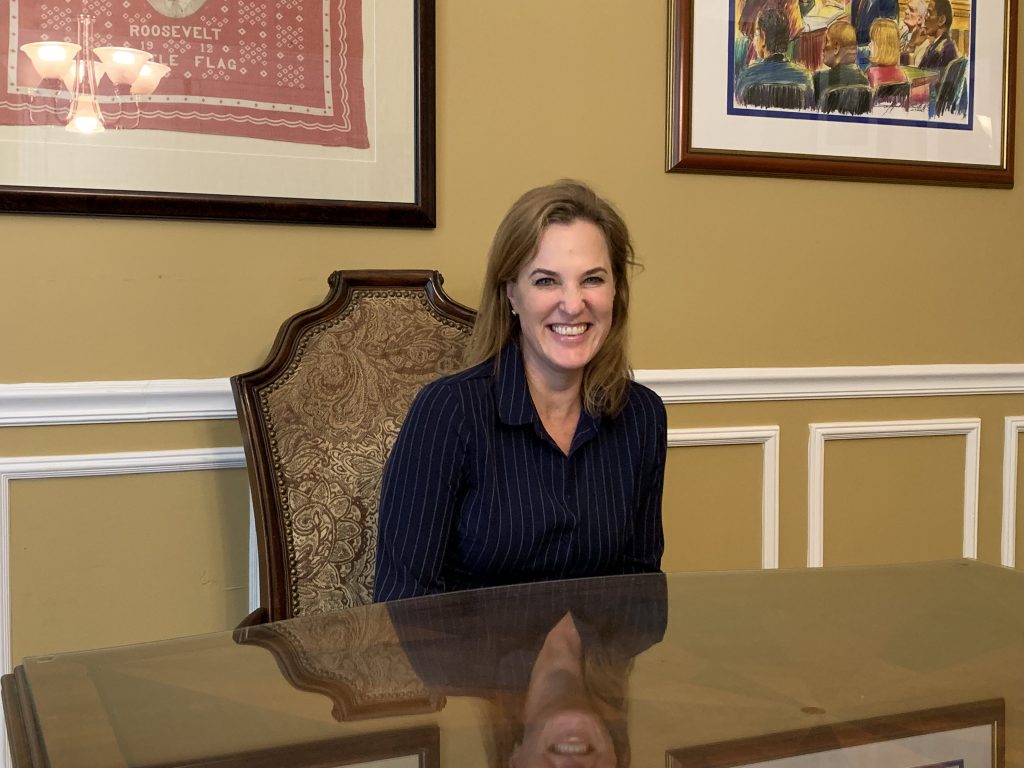The Noble Law helps clients in both North Carolina and New York City navigate issues of workplace discrimination, including caregiver discrimination and whistleblower retaliation. You have the right to be treated fairly at work, and their are caregiver protection laws to help you out. If you have been discriminated against because of your caregiving duities, our employment law firm can help. Contact The Noble Law in North Carolina or New York City to schedule a consultation with an employment law attorney.



Caregiver discrimination occurs whenever an employer treats someone less favorably based on his or her caregiving duties. Under federal law and most state laws, caregiver protection is not explicitly defined but is instead covered by an umbrella of other anti-discrimination laws and regulations. In some locations, however, caregivers are given special protection under the law.
The network of laws providing workplace protections against discrimination is complex and often a bit confusing. If a mistreated employee does not follow the right procedures and meet the proper deadlines, their complaint can be barred. If you have been the victim of discrimination, choosing the right caregiver discrimination lawyer is the best way to build the strongest possible case and make sure your claim meets all requirements and deadlines.
How does caregiver discrimination appear?
Caregiver discrimination, or “family responsibility discrimination,” can occur at any point of the employment process, even before employment begins.
It may be illegal for an employer to decline to hire you because they assume that your parenting duties will interfere with your reliability on the job. It is also a potential violation of one or more laws to deny an employee’s requests for leave to care for an elderly parent where other employee’s requests for flexible schedules were approved. Actions such as different treatment in awarding promotions or benefits and deciding whether to hire or fire someone based on caregiving duties may also violate an employee’s rights.
Employers are rarely transparent about motives when they act illegally. However, an experienced employment attorney can help dig through the evidence and build a case that demonstrates the employer’s biased or unfair treatment.


Where is caregiver discrimination defined?
Discrimination based on certain characteristics, including sex, age, and religion, are prohibited by name in federal statutes and many state laws. Caregiver discrimination is not so clearly defined. No single federal law explicitly forbids caregiver discrimination, even though local laws in some jurisdictions do. Where there are no specific local protections, practitioners often rely on the interpretation of several federal statutes to include caregivers as extensions of officially protected classes.
At the federal level, the Family Medical Leave Act protects men and women who request leave to care for a family member with medical needs. The Americans With Disabilities Act also makes it illegal for employers to discriminate against workers who are caregivers for disabled family members. Other statutes, like the Civil Rights Act, forbid discrimination based on sex, which is often a de facto outcome of caregiver discrimination.
Some states, like South Carolina and North Carolina, do not provide extra protections based on family caregiving duties, so affected workers need to take a more creative approach to pursue aremedy.
Few locations have adopted caregiver protections as clear as New York City’s. Under its Human Rights Law, no employer may discriminate against a worker based on their status as a person who provides direct and ongoing care for a minor child or another care recipient. Not only does the law spell out caregivers as an explicitly protected class, but it expands coverage to independent contractors, while the federal law only applies to employees.
How do I know whether I am the victim of caregiver discrimination?
Given the specifics of the laws involved, a victim of caregiver discrimination may not always be sure that the unfair actions of an employer were actually illegal. The most certain way to find out is to speak with an experienced workplace discrimination lawyer. By tackling cases hands-on, a discrimination attorney begins to understand the nuances and overlap of many state and federal anti-discrimination laws.
Consulting with an attorney serves several other important purposes as well:
- First, the requirements for filing discrimination cases can vary depending on which law applies and the level or agency overseeing the action. Taking the right first steps is critical to preserving your rights, and a knowledgeable lawyer can help you through it.
- Second, identifying discrimination is only the first step; an experienced attorney can help you prove it, which is necessary and often complex.

Speak with an experienced workplace discrimination lawyer
If you believe that an employer may have treated you unfairly based on your caregiver duties, you may be entitled to compensation or other legal remedies. The Noble Law is trusted counsel for workplace disputes. We have garnered a strong reputation for making our clients’ goals our top priority.
We listen. We hear you. We understand. At the Noble Law, we utilize experience and technology to keep you informed of your case status and your legal options. We get to work quickly so that you can get back to your life as soon as possible. Schedule a no-cost consultation with a workplace discrimination lawyer at the Noble Law today.
The Noble Law – Employment Attorneys
You have the right to a safe workplace free of discrimination, including pregnancy discrimination. If you are being discriminated against or harassed in your workplace, an employment attorney at The Noble Law may be able to help. We provide clients with legal counsel and representation in North Carolina and South Carolina. Contact us today to schedule a consultation with one of our experienced employment law attorneys.




